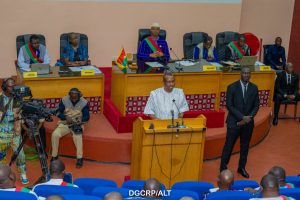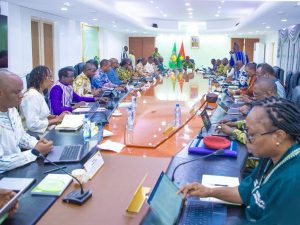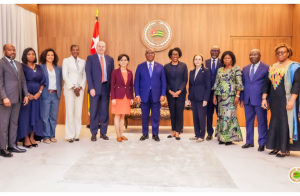Nigeria declares State of Emergency in rivers state amid political and security crisis

President Bola Tinubu has declared a six-month state of emergency in Rivers State, suspending Governor Siminalayi Fubara, his deputy, and state lawmakers. The decision follows a blast on the Trans-Niger Pipeline, a major crude oil artery, which disrupted production and exports worth an estimated $14 million daily. Tinubu cited “disturbing security reports” of pipeline vandalism by militants and accused the governor of inaction.
The move has sparked legal and political backlash. The Nigerian Bar Association called it “unconstitutional,” while the opposition People’s Democratic Party (PDP) labeled it an attempt at “state capture.”
Governor Fubara, a PDP member, defended his administration, asserting that Rivers State remains “safe, secure, and peaceful” despite political disagreements.
The crisis is compounded by a deepening political rift in Rivers State, with lawmakers reportedly threatening to impeach Fubara. Tinubu claimed the turmoil has paralyzed governance, necessitating emergency measures to restore order.
However, critics, including former presidential candidate Peter Obi, have condemned the move as “reckless.”
This is not Nigeria’s first state of emergency, but it underscores the volatile intersection of political instability and economic security in the oil-rich region. As tensions rise, the legality and implications of Tinubu’s decision remain fiercely contested.












